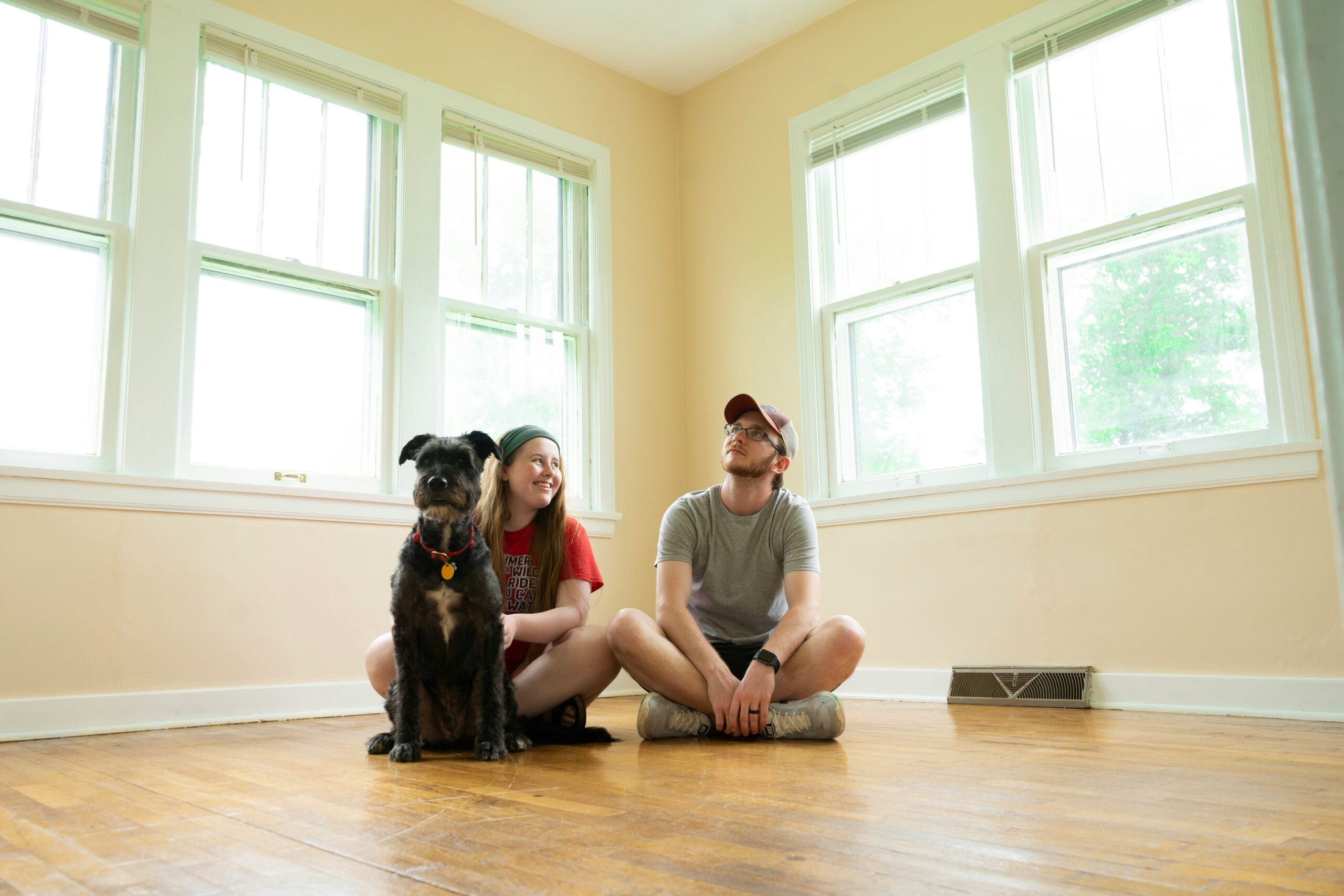Buying a new home is an exciting milestone in anyone’s life. However, the down payment required to secure a mortgage can be a significant obstacle for many potential buyers. The good news is that there are options available for those who want to buy a new home with no money down. In this article, we will explore some strategies and programs that can help you achieve your dream of homeownership without a hefty down payment.

1. VA Loans
If you are a veteran or an active-duty service member, you may be eligible for a VA loan. These loans are backed by the U.S. Department of Veterans Affairs and offer several benefits, including the ability to purchase a home with no down payment. VA loans also have competitive interest rates and do not require private mortgage insurance (PMI), making them an attractive option for eligible individuals.
2. USDA Loans
The U.S. Department of Agriculture (USDA) offers loans to help low to moderate-income individuals and families purchase homes in eligible rural areas. USDA loans do not require a down payment and have low-interest rates. To qualify for a USDA loan, you must meet certain income and location requirements. It’s worth exploring this option if you are interested in living in a rural area.
3. Down Payment Assistance Programs
Many states, counties, and cities offer down payment assistance programs to help first-time homebuyers. These programs provide grants or loans that can be used towards the down payment and closing costs. Eligibility requirements and program details vary, so it’s important to research what options are available in your area. Some programs may have income limits or require you to attend homebuyer education courses.
4. FHA Loans
The Federal Housing Administration (FHA) provides loans that require a low down payment, typically around 3.5% of the purchase price. While this is not a no-money-down option, it can still be an attractive choice for buyers who don’t have a substantial down payment saved up. FHA loans are available to borrowers with lower credit scores and have more flexible qualification criteria compared to conventional loans.
5. Negotiate with the Seller
In some cases, you may be able to negotiate with the seller to cover your down payment. This option is more common in a buyer’s market where sellers are motivated to close the deal quickly. It’s worth discussing this possibility with your real estate agent and exploring the potential for seller concessions.
6. Personal Loans or Gifts
If you have a good credit score and a stable income, you may consider taking out a personal loan to cover your down payment. However, it’s important to carefully consider the terms and interest rates associated with personal loans, as they can vary significantly. Alternatively, you may also receive a financial gift from a family member or friend to help with your down payment. Be sure to check with your mortgage lender about any restrictions or requirements regarding gift funds.
7. Rent-to-Own Programs
Rent-to-own programs allow you to rent a home with the option to buy it in the future. A portion of your monthly rent payments goes towards building equity in the property, which can be used as a down payment when you decide to purchase the home. While this option may not be available in all areas, it can be a viable solution for those who need more time to save for a down payment.
Buying a new home with no money down is possible through various programs and strategies. It’s essential to explore your options, understand the requirements, and work with professionals who can guide you through the process. Remember, homeownership is a significant financial commitment, so make sure you are prepared for the responsibilities that come with it.